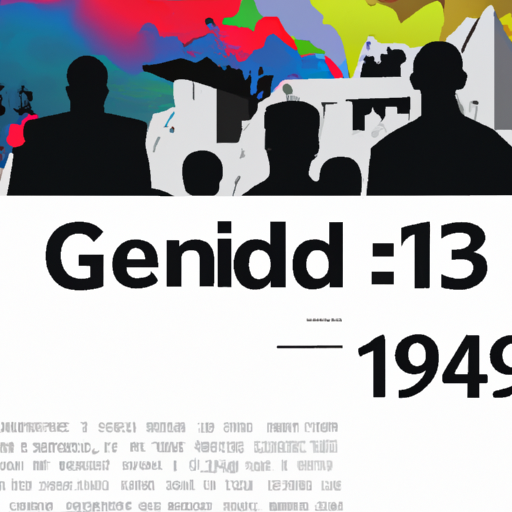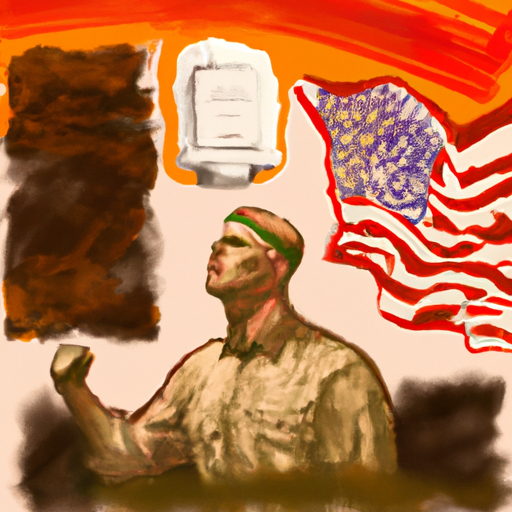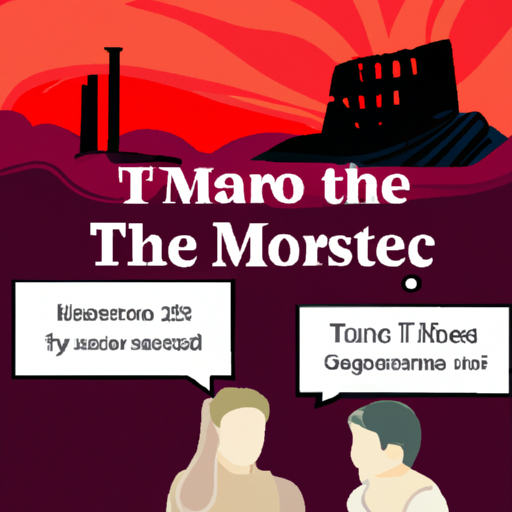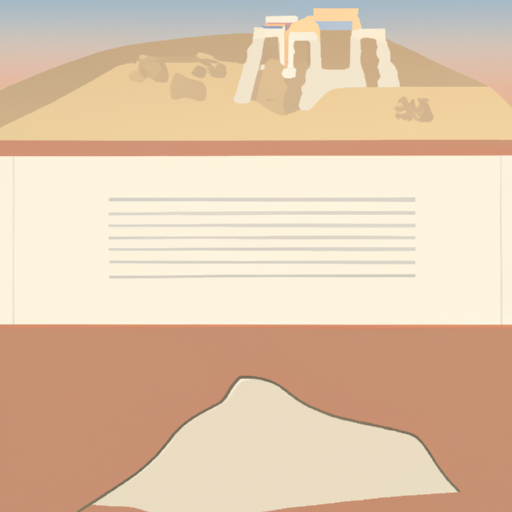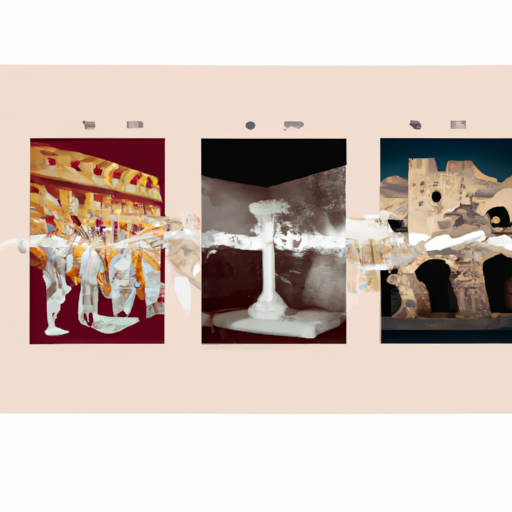A Historical Look at the Causes of Fallacious Reasoning
What goes around may come around, yet errors in thinking don’t need to be repeated!
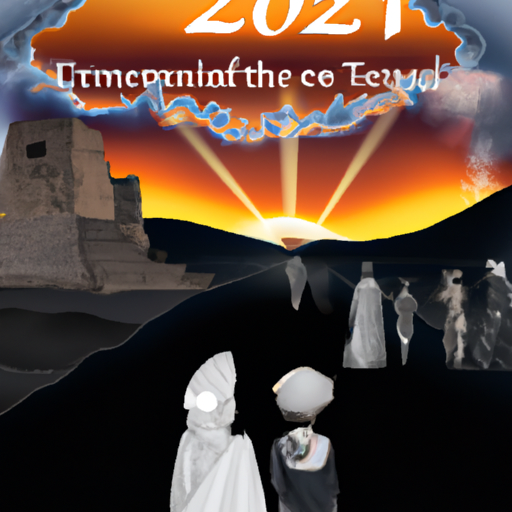
Time and time again, it has been said that what goes around will come back around. This proverb is a reminder to be mindful of our behavior and decisions, as they can have far-reaching implications. It is also a warning to not make the same mistakes twice.
Humankind has learned this lesson through hard experience on multiple occasions. During World War II, Nazi Germany’s policy of discrimination and subjugation eventually led to their downfall. The same could be said for the Soviet Union’s attempts to expand its borders in the late 20th century; their efforts were met with massive opposition and ultimately resulted in collapse.
These instances demonstrate how it is essential to take into account the potential repercussions of our choices when making decisions. We must strive for objectivity when assessing situations, as well as being aware of our own prejudices. Moreover, if we make mistakes in our thinking or judgment, we should take steps to fix them instead of repeating those errors.
In conclusion, by following this advice—to think carefully before acting and not repeat past mistakes—we can avoid history’s most devastating missteps and create a brighter future for ourselves and future generations alike.
.
Introduction
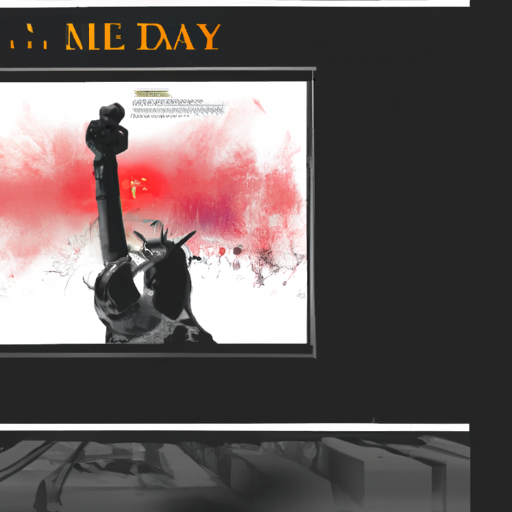
Throughout the ages, missteps in reasoning have been observed and classified. With some being more frequent than others, these blunders are commonly caused by a lack of comprehension or expertise about the subject, an oversimplification of points, or an appeal to emotion as opposed to logic. Furthermore, it is often seen that all aspects of a dispute are not taken into account or potential prejudices that may be affecting one’s thought process are disregarded.
– Historical Fallacies: How Past Events Impact Present Thinking
The past has a powerful grip on our ideas, values, and beliefs. Inaccurate information and interpretations of events can lead to the propagation of erroneous historical assumptions that shape our current thinking. One such fallacy is the notion that all Native Americans lived in teepees before contact with Europeans. While some did, many tribes had their own unique dwellings such as longhouses, wigwams, and pueblos. This misconception can breed stereotypical views of Indigenous peoples and foster inaccurate stories about their history and culture.
Another example is the belief that Christopher Columbus “discovered” America in 1492. In truth, millions of people were already living on the continent when he arrived. By perpetuating this myth, we ignore the legacy of Indigenous peoples who inhabited this land long before European settlers set foot there.
These false narratives have far-reaching implications for how we view ourselves and others today. It is essential to be cognizant of them so that we can make decisions based on accurate facts rather than outdated or biased perspectives from history. Knowing our shared history more fully will help us build a more equitable future for all people.
– The Role of Culture in Generating Logical Fallacies
Throughout time, culture has been a powerful driver of illogical reasoning. From ancient Greece to medieval Europe and contemporary societies, cultural norms have often led to the acceptance of false premises and faulty conclusions. For instance, in antiquity, Aristotle’s syllogism was widely accepted as valid despite the fact that it did not take into account other factors such as potential supernatural powers or abilities. Similarly, in the Middle Ages religious beliefs were used to justify certain conclusions without any factual evidence to back them up. In our modern world, stereotypes and generalizations are often employed when making arguments, disregarding individual differences between members of a group. Consequently, this kind of thinking can lead to logical fallacies if left unchecked. It is therefore important for us to be aware of our own cultural biases and strive for more equitable forms of reasoning in order to avoid perpetuating these types of errors in logic.
– Examining the Impact of Cultural Bias on Reasoning Errors
Throughout time, cultures have developed unique methods of interpreting the universe around them. These can be based on spiritual beliefs, scientific inquiry or something else entirely, which can lead to disagreements on what is right and wrong. Unfortunately, cultural bias has also been used as a tool for discrimination and oppression in the past. This has resulted in certain groups being denied access to decision-making processes, leading to biased decisions that favor certain people over others.
It’s essential to understand how cultural bias affects our capacity to reason correctly. When we rely solely on our own culture without taking into account the perspectives of others, it limits our ability to consider all aspects of a situation and make informed choices. To prevent errors in reasoning due to cultural bias, we must strive for greater understanding across different cultures.
– Exploring How Historical Context Influences False Assumptions
Exploring the historical context of any culture or society can be a powerful way to comprehend how erroneous presumptions come to fruition. Incomplete data regularly leads to these false suppositions, and it is imperative to consider the historical setting in which they were formed. By delving into how history affects inaccurate assumptions, we can more effectively grasp why certain ideas have become so widely accepted despite being incorrect.
For instance, there is a prevalent assumption that ancient civilizations were primitive and unsophisticated compared to modern societies. This belief has been sustained over time by colonization and imperialism, which favored Western ideals over those of other cultures. However, when looking at the past records, we find that many ancient communities were much more advanced than initially thought. For example, the Inca had an expansive road system throughout their empire and had a complex system of government and taxation. Additionally, many Indigenous American societies had sophisticated agricultural practices that allowed them to feed large populations with minimal resources.
It is also essential to note that false assumptions are not only found in the past; they are also present in our current day. A common misconception is that all Indigenous people live in poverty on reservations. But in reality, Indigenous communities have diverse economic situations and many have achieved successful outcomes through entrepreneurship and education initiatives. Being aware of this fact allows us to challenge these damaging stereotypes about Indigenous people and create equitable opportunities for them today.
Ultimately, understanding how history influences inaccurate assumptions is necessary for forming an informed opinion on any subject or topic. By examining both sides—past and present—we can gain knowledge into why some ideas are accepted while others are rejected or disregarded entirely. Through this process of exploration and discovery, we can strive towards creating a more accurate understanding of our world today.
– Analyzing the Interplay Between History and Cognitive Biases
Exploring the intricate relationship between history and cognitive biases has become a popular field of study in recent years. Examining how our own preconceived notions and biases may shape our interpretations of historical documents and events is essential for gaining a comprehensive understanding. It is therefore necessary to be aware of any potential cultural norms or values that could influence one’s analysis, as well as any cognitive biases that may have affected participants’ decisions or actions.
In order to effectively analyze this interplay, it is important to recognize one’s own prejudices and assumptions, approach each situation with an open mind, and be familiar with bias-related concepts. Additionally, consulting multiple sources can provide a more balanced perspective on any given issue. By taking these steps into account when engaging in historical research, one can ensure their conclusions are as accurate as possible.
conclusion
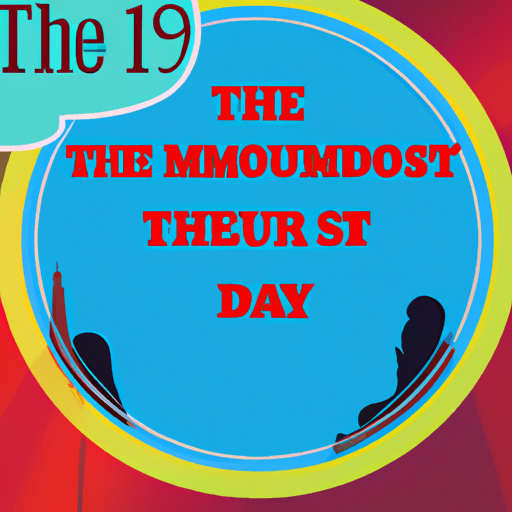
The perplexity of reasoning can be a complex matter, with numerous elements potentially influencing the outcome. One of the more frequent sources of such confusion is an absence of familiarity with the past. Without having an understanding of what has come before, it is easy to make assumptions that are unfounded and arrive at conclusions that are faulty. This can lead to misjudgments in reasoning and inaccurate outcomes.
.
Some questions with answers
Q1. What is the definition of a fallacy in reasoning?
A1. A fallacy in reasoning is an error in logic that leads to an incorrect conclusion.
Q2. What are some common fallacies in reasoning?
A2. Common fallacies in reasoning include the false dilemma, circular reasoning, and appeal to emotion.
Q3. How can history help identify fallacies in reasoning?
A3. History can help identify fallacies in reasoning by providing examples of past mistakes and helping us recognize patterns of faulty logic.
Q4. Are there any specific historical events that are associated with fallacies in reasoning?
A4. Yes, many historical events have been associated with fallacies in reasoning, such as the Salem Witch Trials and the Vietnam War.
Q5. What can we learn from studying history about avoiding fallacies in reasoning?
A5. We can learn from studying history about avoiding fallacies in reasoning by understanding how past mistakes were made and how they could have been avoided through better analysis and critical thinking skills.
